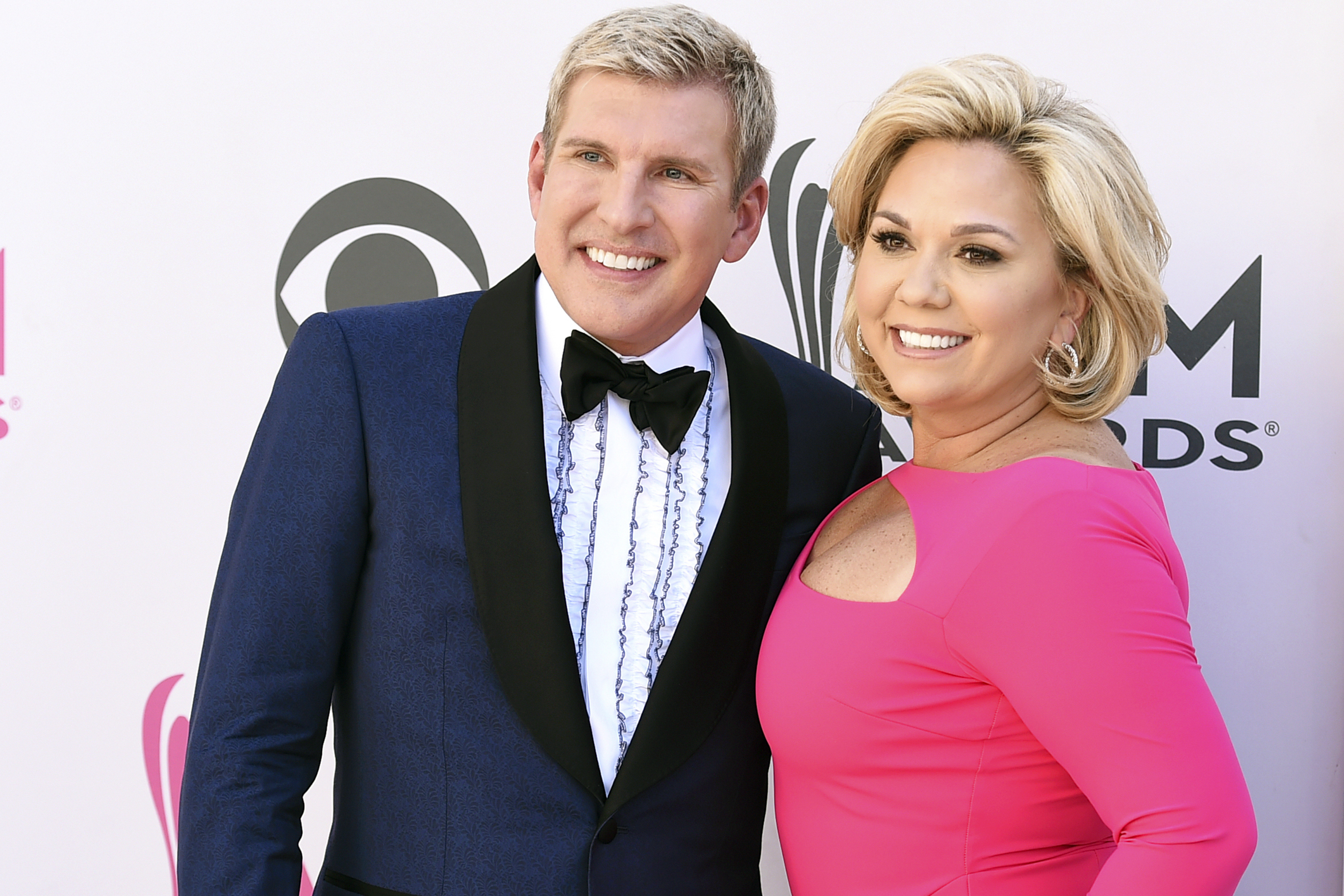The Trump administration is cutting off U.S. funding to the United Nations agency for reproductive health under an abortion-related provision in a law that Democratic and Republican administrations have used as a cudgel in the global culture wars.
The U.N. Population Fund will lose $32.5 million in funding from the 2017 budget, the State Department said, with funds shifted to similar programs at the U.S. Agency for International Development. The administration accused the agency, through its work with China's government, of supporting population control programs in China that include coercive abortion.
It wasn't immediately clear whether the U.N. fund would also lose out on tens of millions of additional dollars it has typically received from the U.S. in "non-core" funds.
By halting assistance to the U.N. Population Fund, the Trump administration is following through on promises to let socially conservative policies that President Donald Trump embraced in his campaign determine the way the U.S. government operates and conducts itself in the world. Though focused on forced abortion — a concept opposed by liberals and conservatives alike — the move to invoke the "Kemp-Kasten amendment" was sure to be perceived as a gesture to anti-abortion advocates and other conservative interests.
The policy change comes days before Trump is set to host Chinese President Xi Jinping for a highly anticipated meeting at Trump's Mar-a-Lago resort in Florida. In a shift from President Barack Obama's approach, Trump has avoided elevating human rights concerns in diplomacy, with White House officials saying those issues are most effectively advanced by raising them with foreign leaders in private.
Rep. Eliot Engel, the top Democrat on the House Foreign Affairs Committee, called it a "grave error" that sent a dangerous message about the administration's policies toward women. He predicted women and girls "will suffer."
"Donald Trump should put the health and dignity of women ahead of political points and reverse this decision immediately," said Engel, D-N.Y.
U.S. & World
Under a three-decade-old law, the U.S. is barred from funding organizations that aid or participate in forced abortion of involuntary sterilization. It's up to each administration to determine which organizations meet that condition. The U.N. Population Fund has typically been cut off by Republican presidents and restored when Democrats control the White House.
In a lengthy memorandum obtained by The Associated Press, the State Department said the U.N. fund partners with China's National Health and Family Planning Commission, responsible for overseeing China's "two-child policy." It said the U.N. collaborates with the Chinese agency on family planning. Still, the memo acknowledged there was no evidence of U.N. support for forced abortions or sterilization in China.
The U.N. Population Fund, known as UNFPA, said it regretted the U.S. move and argued it was "erroneous" to suggest it was complicit in China's policies.
"UNFPA refutes this claim, as all of its work promotes the human rights of individuals and couples to make their own decisions, free of coercion or discrimination," the agency said in a statement.
Starting in 1979, China had a "one-child policy" enforced in many cases with state-mandated abortions. But the policy was eased over the years, and now allows married couples to have two children, in a nod to the aging population in the world's most populous country.
The designation was the latest move by the Trump administration to prioritize traditionally conservative issues in the federal budget. The Trump administration has vowed to cut all dollars for climate change programming, and also restored the so-called global gag rule, which prohibits funding to non-governmental groups that support even voluntary abortions.
The Trump administration has also signaled that it no longer sees a need for the U.S. to so generously fund U.N. and other international organizations. The White House has proposed cutting roughly one-third from the State Department's budget, with much of it expected to come from foreign aid and global organization dollars, although Congress is expected to restore at least some of that funding
The U.N. agency's mission involves promoting universal access to family planning and reproductive health, with a goal of reducing maternal deaths and practices like female genital mutilation. The cut-off funds will be "reprogrammed" to USAID's Global Health Programs account to focus on similar issues, said a State Department official, who wasn't authorized to comment by name and requested anonymity.
The Kemp-Kasten amendment, enacted in 1985, led to some of the U.N. agency's funding being initially cut off, then restored by Democratic President Bill Clinton in 1993, USAID said in a report. Republican George W. Bush's administration reversed the decision in 2002, but President Barack Obama — a Democrat — gave the funding back after taking office.
___
Associated Press writer Edith M. Lederer at the United Nations and AP Diplomatic Writer Matthew Lee in Washington contributed to this report.



